I am having some problems with the concurrent HTTP connection in the golang. Kindly read the whole question, and as the actual code is quite long, I am using pseudocode
In short, I have to create a single API, which will internally call 5 other APIs, unify their response, and send them as a single response. I am using goroutines to call those 5 internal APIs along with timeout, and using channels to ensure that every goroutine has been completed, then I unify their response, and return the same.
Things are going fine when I do local testing, my response time is around 300ms, which is pretty good.
The problem arises when I do the locust load testing of 200 users, then my response time go as high as 7 8 sec. I am thinking it has to do with the HTTP client waiting for the resources as we are running a high number of goroutines.
like 1 API spin up 5 go-routine, so if each of 200 users makes API requests at the rate of supposing 5 req/sec. Then a total number of goroutines goes way higher. Again this is my assumption only
p.s. normally the API I am building is pretty good in response time, I am using all the caching and stuff and any response greater than 400ms should not be the case
So can anyone please tell me how can I tackle this problem of increasing response time when number of concurrent users increases
pseudo code
simple route
group.POST("/test", controller.testHandler)
controller
type Worker struct {
NumWorker int
Data chan structures.Placement
}
e := Worker{
NumWorker: 5, // Number of worker goroutine(s)
Data: make(chan, 5) /* Buffer Size */),
}
//call the goroutines along with the
for i := 0; i < e.NumWorker; i++ {
// Do some fake work
wg.Add(1)
go ad.GetResponses(params ,chan , &wg) //making HHTP call and returning the response in the channel
}
for v := range resChan {
//unifying all the response, and return the same as our response
switch v.Tyoe{
case A :
finalResponse.A = v
case B
finalResponse.B = v
}
}
return finalResponse
Request HTTP client
//i am using a global http client with custom transport , so that i can effectively use the resources
var client *http.Client
func init() {
tr := &http.Transport{
MaxIdleConnsPerHost: 1024,
TLSHandshakeTimeout: 0 * time.Second,
}
tr.MaxIdleConns = 100
tr.MaxConnsPerHost = 100
tr.MaxIdleConnsPerHost = 100
client = &http.Client{Transport: tr, Timeout: 10 * time.Second}
}
func GetResponses(params , chan ,wg){
res = client.Do(req)
chan <- res
}
